News and Opinion
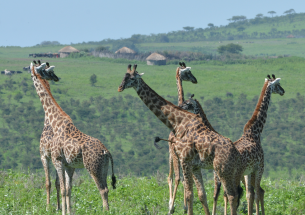
Human presence weakens social relationships of giraffes
READ MORE about Human presence weakens social relationships of giraffes
Join the BES journals as an Associate Editor
READ MORE about Join the BES journals as an Associate Editor
New evidence on bed bug burden in urban neighborhoods
READ MORE about New evidence on bed bug burden in urban neighborhoods
Be kind to yourself in all the upheaval
READ MORE about Be kind to yourself in all the upheaval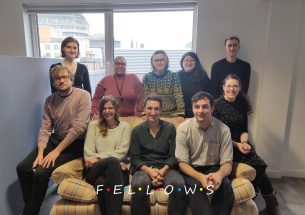
What I learnt from my BES POST Fellowship 2019
READ MORE about What I learnt from my BES POST Fellowship 2019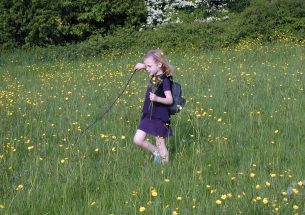
Education under COVID-19
READ MORE about Education under COVID-19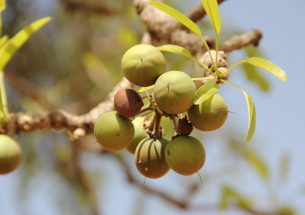
Birds, bees and butter – new study underlines importance of biodiversity for crop production and West African livelihoods
READ MORE about Birds, bees and butter – new study underlines importance of biodiversity for crop production and West African livelihoods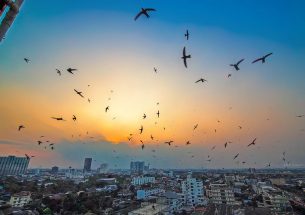
How lockdown is changing the ecology of our cities?
READ MORE about How lockdown is changing the ecology of our cities?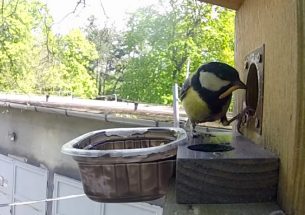
Lack of insects in cities limits breeding success of urban birds
READ MORE about Lack of insects in cities limits breeding success of urban birds
How does an increase in nitrogen application affect grasslands?
READ MORE about How does an increase in nitrogen application affect grasslands?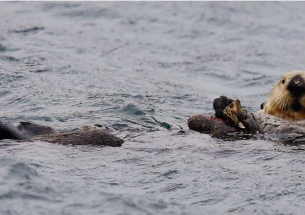
Indigenous voices reveal key strategies for navigating the challenging return of sea otters
READ MORE about Indigenous voices reveal key strategies for navigating the challenging return of sea otters
Obituary: Lord May of Oxford
READ MORE about Obituary: Lord May of Oxford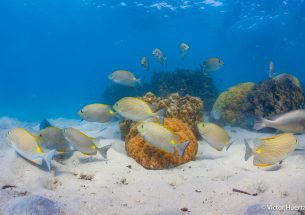
Severe coral loss leaves reefs with larger fish but low energy turnover
READ MORE about Severe coral loss leaves reefs with larger fish but low energy turnover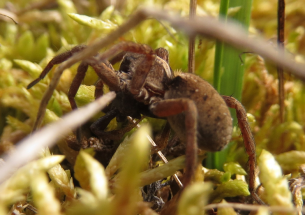
Wolf spiders may turn to cannibalism in a warming Arctic
READ MORE about Wolf spiders may turn to cannibalism in a warming Arctic